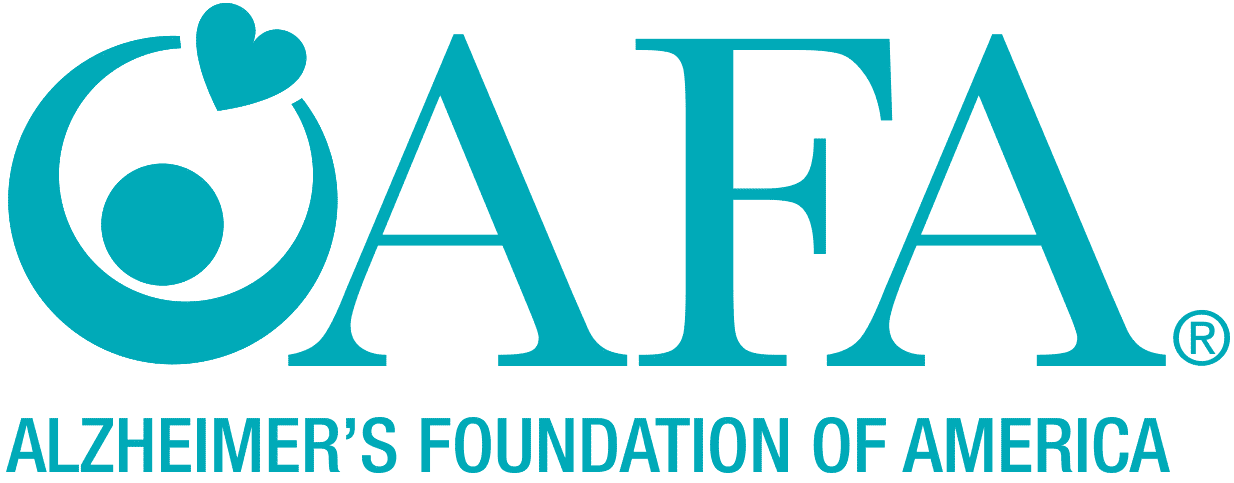Important Heat Safety Tips for Families Affected by Alzheimer’s Disease

With Dangerous Heat Wave Affecting Many Parts of the US, Alzheimer’s Foundation of America Offers Information to Help Families Keep Their Loved Ones Safe
(New York-July 19, 2019): As states across America deal with a dangerous heat wave projected to bring heat indexes above 110 degrees to some areas, the Alzheimer’s Foundation of America (AFA) is providing important tips to help families affected by Alzheimer’s disease keep their loved ones safe.
“Temperatures this high are dangerous for everyone, but especially for someone with Alzheimer’s disease who may be unable to spot the warning signs of trouble or know how to get help,” said Charles J. Fuschillo, Jr., AFA’s President and CEO. “Caregivers need to be proactive and prepared to protect their loved ones. Taking a few simple steps will go a long way.”
AFA advises family caregivers to take the following steps:
- Help the person stay hydrated – Alzheimer’s disease and other dementia-related illnesses can diminish a person’s ability to know when they are thirsty, making it critically important for caregivers to monitor them and encourage them to drink frequently. Avoid alcohol and caffeinated beverages, as these drinks may contribute to dehydration.
- Watch for hyperthermia – Hyperthermia is an abnormally high body temperature caused by the body’s inability to regulate heat from the environment. Seniors and people with chronic medical conditions are most at risk. One life-threatening form of hyperthermia is heat stroke, a dangerous elevation in body temperature sparked by exposure to extreme environmental heat or the troublesome mixture of heat and humidity. Watch for warning signs such as excessive sweating, exhaustion, flushed or red skin, muscle cramps, a fast pulse, headaches, dizziness, and nausea.
- Look for signs that something is amiss, including hot, dry skin, rapid pulse, dizziness or sudden changes in mental status.
- Take immediate action – Resting in an air-conditioned room, removing clothing, applying cold compresses and drinking fluids can help cool the body. If the person faints, exhibits excessive confusion or becomes unconscious, consider this a medical emergency and call 911.
- Watch out for wandering –Wandering is a very common behavior among individuals with Alzheimer’s disease, and it’s also very dangerous, as they can easily become lost or disoriented and not know how, or who, to call for help. It’s even more dangerous in extreme heat conditions, where hyperthermia can develop very quickly. Ensure the person’s basic needs (water, food, using the restroom, etc.) are being met, as wandering can often stem from an unmet need. Have a plan of action in case they do wander off. Use a permanent marker or sew identification into their clothes with your contact information. Keep a recent photo and medical information on hand, as well as information about familiar destinations they used to frequent, to share with emergency responders to aid in search and rescue efforts.
- Know where to cool down – Many municipalities will open up air conditioned “cooling centers” where people who do not have air conditioning can go to cool down. These can include senior centers, libraries, community centers and other municipal/public buildings. If your person does not have air conditioning, find out if there are cooling centers are nearby.
- Plan ahead – Blackouts and other power failures can sometimes occur during heat waves. Make sure that cell phones, tablets, and other electrical devices are fully charged. Flashlights should be easily accessible in case of a power failure. Have the emergency contact numbers for local utility providers, as well as the police and fire departments, readily accessible.
- Have a long-distance plan if necessary – If you don’t live near your loved one, arrange for someone who does to check on them. Inform them of emergency contacts and where important medical information can be found, such as their insurance card. Make sure the person has plenty of water and access to air-conditioning or other cooling mechanisms.
Families who have questions or would like additional information about caring for someone with Alzheimer’s disease can contact AFA’s National Toll-Free Helpline at 866-232-8484 or connect over the Internet here and speak with a licensed social worker. The helpline is open 7 days a week; 9 am to 9 pm (ET) on weekdays and 9 am to 1 pm (ET) on weekends.


